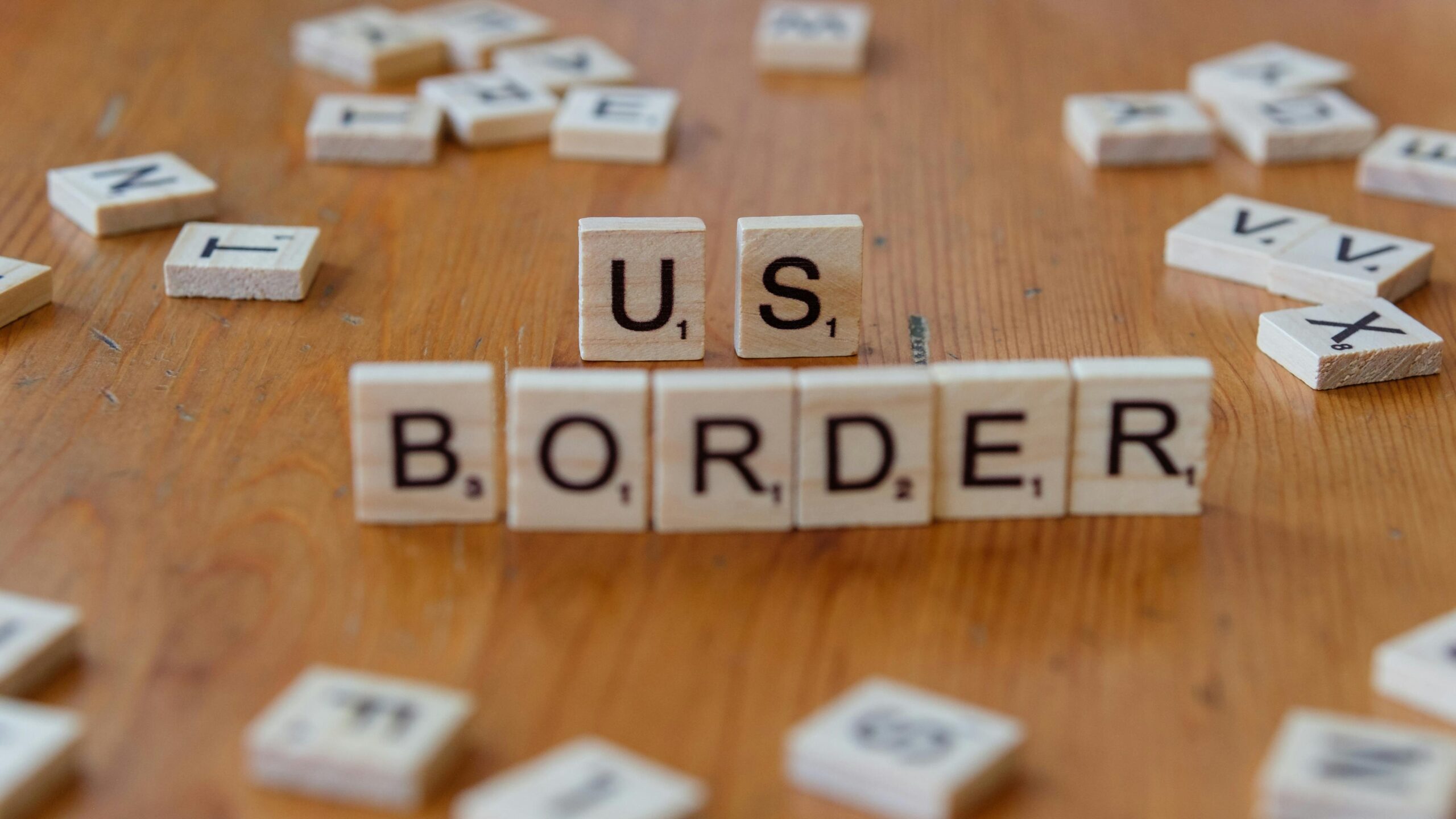As digital scrutiny becomes a growing part of international border security, travelers entering the United States may wonder how far U.S. Customs and Border Protection (CBP) can go — especially when it comes to their social media activity.
While CBP maintains that electronic searches are rare and focused on national security, legal experts and privacy advocates say they are becoming more frequent, raising concerns for travelers across all categories — from tourists to visa holders to corporate employees.
Here’s what business travelers and travel coordinators need to know.
What Can CBP Actually Search?
Under U.S. law, CBP officers can inspect electronic devices at ports of entry — without a warrant. This includes phones, tablets, and laptops. Officers may manually review content stored on the device, including social media apps, photos, contacts, and messages.
In some cases, border agents may request passwords or ask travelers to unlock devices. While travelers can refuse, doing so can lead to denied entry for non-citizens or device confiscation for citizens and residents.
U.S. citizens and lawful permanent residents are always allowed entry but should be aware their devices can still be searched and held for extended periods if officers suspect any wrongdoing.
Can Agents Look at My Social Media?
Yes — especially if it’s accessible on your device or publicly available online.
For visa applicants, it’s standard practice to provide social media handles as part of the screening process. The U.S. State Department has required this since 2019 to “facilitate vetting” of applicants’ identity and eligibility.
For U.S. citizens and legal residents, there’s no legal obligation to share or expose social media. However, if profiles are public or apps are open on a device, they can be reviewed during a border inspection.
According to privacy experts, there have been anecdotal reports of travelers being questioned about posts or retweets — sometimes even before their devices were searched — suggesting pre-arrival checks may happen in some cases.
What Business Travelers Should Do
For those managing or coordinating corporate travel, here’s how to prepare travelers and mitigate risks:
✅ Advise Travelers to Review Their Digital Footprint
Especially for visa holders or applicants, ensure social media profiles reflect professionalism and compliance with U.S. laws. Inflammatory content or political activism could raise red flags — even if lawful.
✅ Consider Device Prep Before Travel
Citizens and residents are allowed to turn accounts private, log out, or delete apps before crossing the border. Visa holders should assume a higher level of scrutiny and avoid storing sensitive or unnecessary personal data on their devices.
✅ Have a Protocol for Refusals
Train travelers — especially non-citizens — on what to expect if they’re asked to unlock a device. Ensure they know their rights and have the contact details of your legal or immigration counsel easily accessible.
✅ Document Any Issues
If a traveler has their device searched, held, or inspected in a way that delays entry or causes concern, advise them to record the CBP officer’s name and badge number. This is critical if a report or legal follow-up is needed.
Final Thought: Balancing Security and Privacy
Business travel is increasingly digital — from mobile itineraries to cloud-based expense apps — and border protocols are evolving to reflect this. While there’s no universal rule for how CBP will treat each traveler, it’s wise to take a proactive approach.
For travel coordinators, this is an opportunity to expand pre-travel briefing checklists and educate staff on digital best practices when crossing international borders.
📌 Tip for Coordinators: Consider adding a “Digital Border Prep” section to your company’s international travel policy or, more informally, on your intranet, especially for teams traveling frequently to the U.S.

